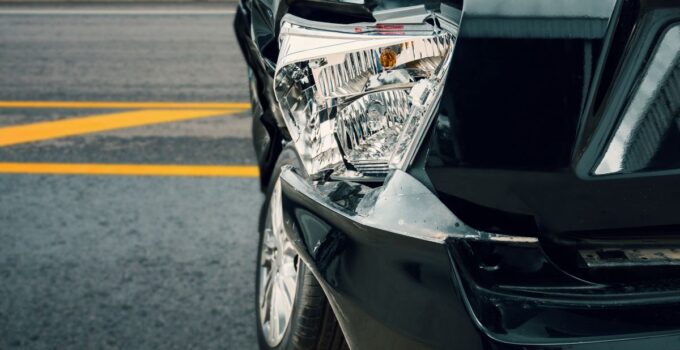Accidents are stressful, but your actions immediately afterward can make a big difference. Avoid these common mistakes to protect yourself and your interests.
1. Not Calling the Police
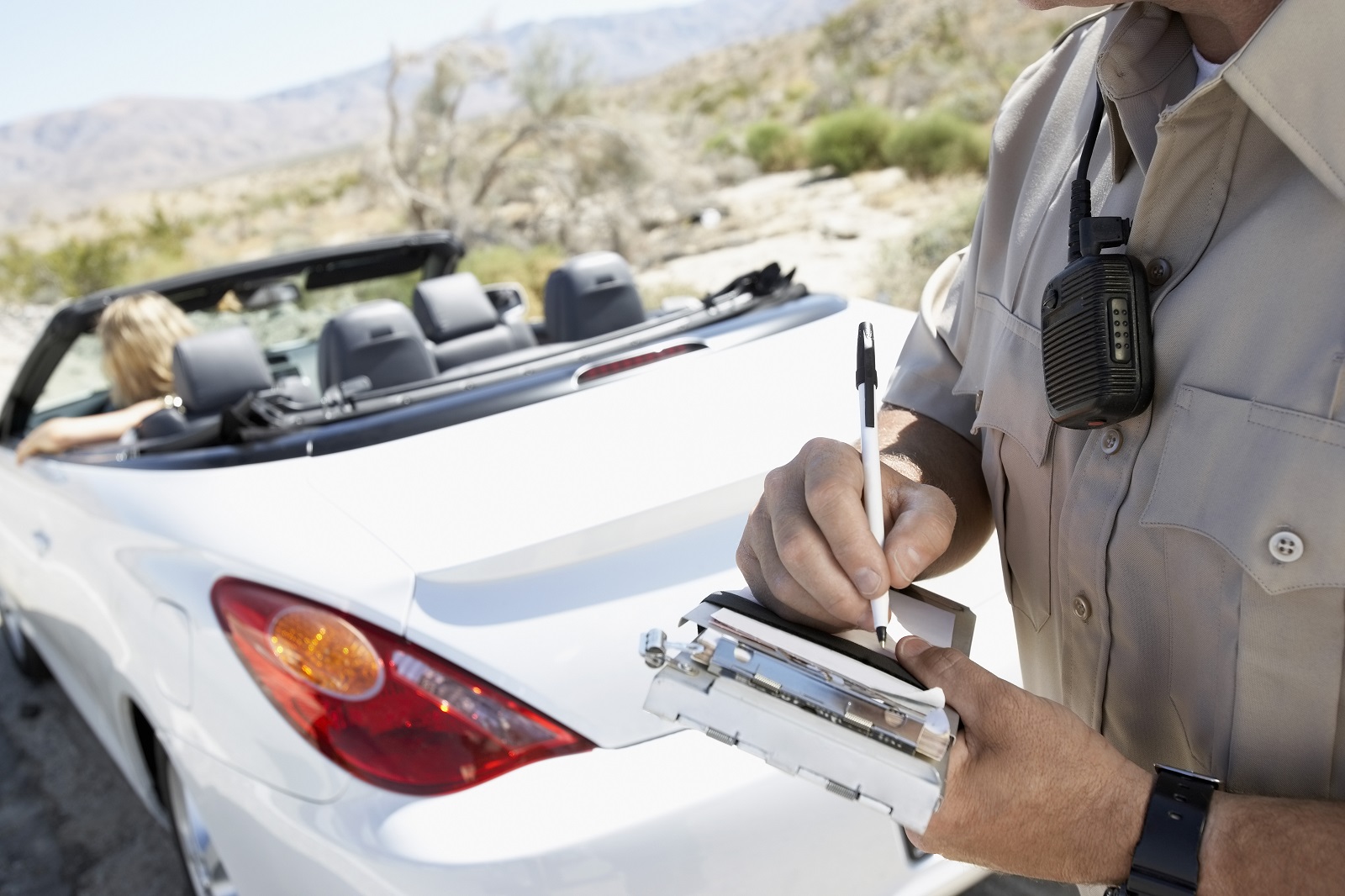
Image Credit: Shutterstock / sirtravelalot
Always call the police after an accident, no matter how minor it seems. A police report provides an official account of the incident. Without it, you may face complications with your insurance claim.
2. Admitting Fault

Image Credit: Shutterstock / antoniodiaz
Never admit fault at the scene of an accident. Your words can be used against you later. Let the authorities and your insurance company determine who is at fault.
3. Failing to Exchange Information

Image Credit: Shutterstock / Southworks
Make sure to exchange information with the other driver, including names, contact details, and insurance information. Without this information, you may have difficulty filing a claim. Get as much detail as possible to protect yourself.
4. Not Documenting the Scene
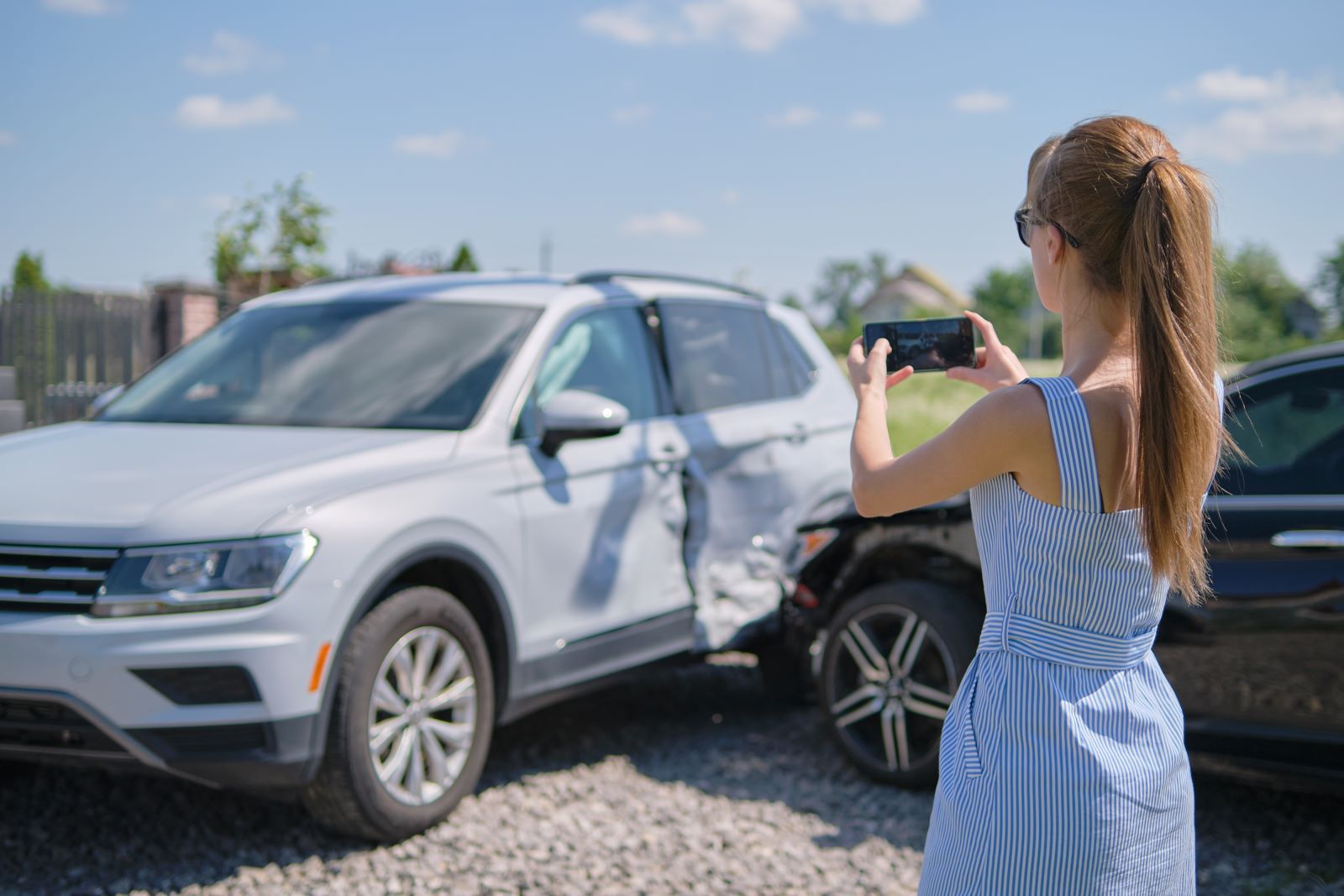
Image Credit: Shutterstock / Bilanol
Take photos of the accident scene, including vehicle damage, license plates, and the surrounding area. This documentation can be crucial for your insurance claim. Don’t rely on memory alone; photos provide concrete evidence.
5. Neglecting to Seek Medical Attention

Image Credit: Shutterstock / Rocketclips, Inc.
Even if you feel fine, seek medical attention after an accident. Injuries can manifest hours or days later. A medical report will also support your claim if you need to file one.
6. Delaying the Insurance Claim
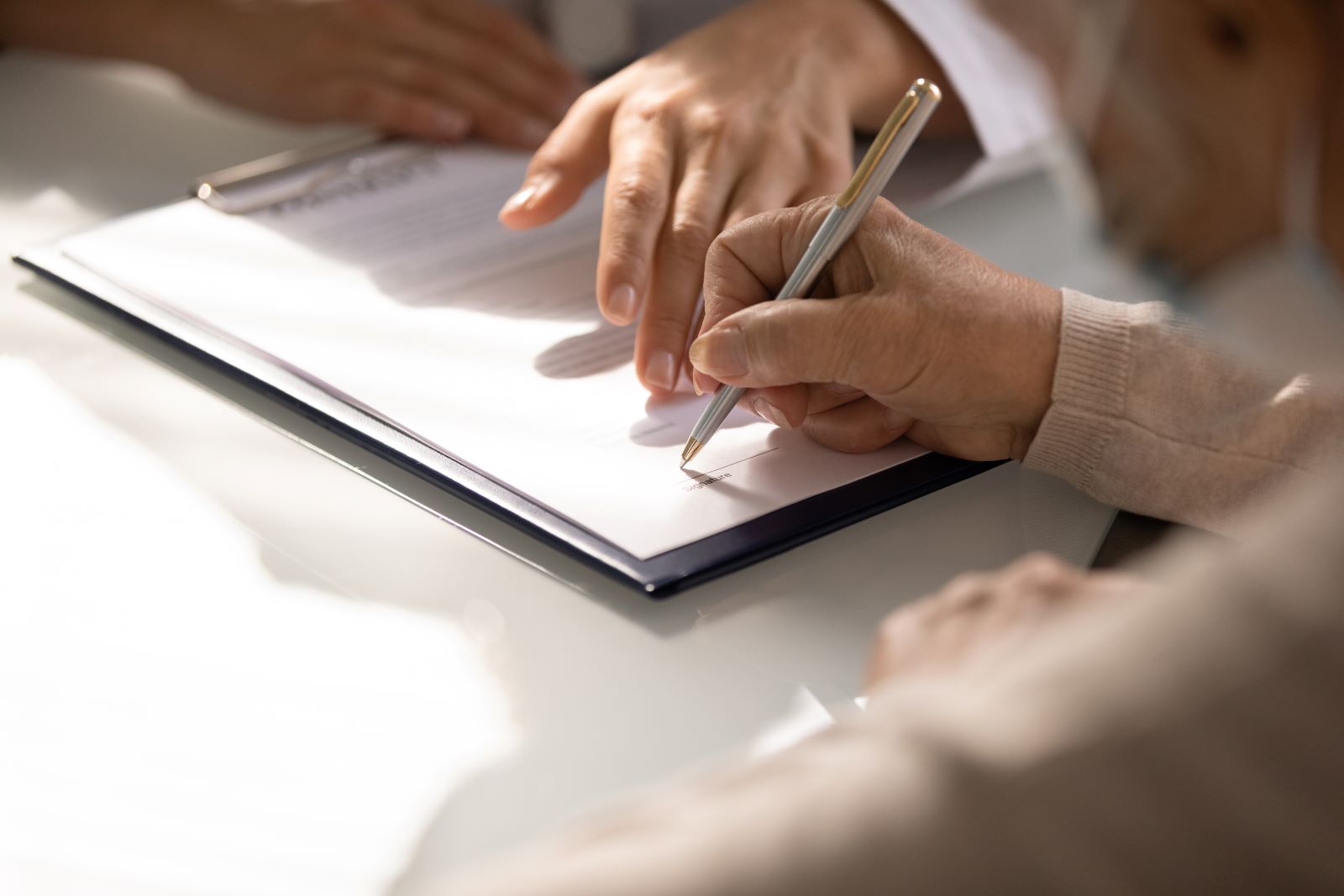
Image Credit: Shutterstock / fizkes
File your insurance claim as soon as possible. Delaying can complicate the process and weaken your case. Prompt action helps ensure a smoother claims process.
7. Not Notifying Your Insurance Company
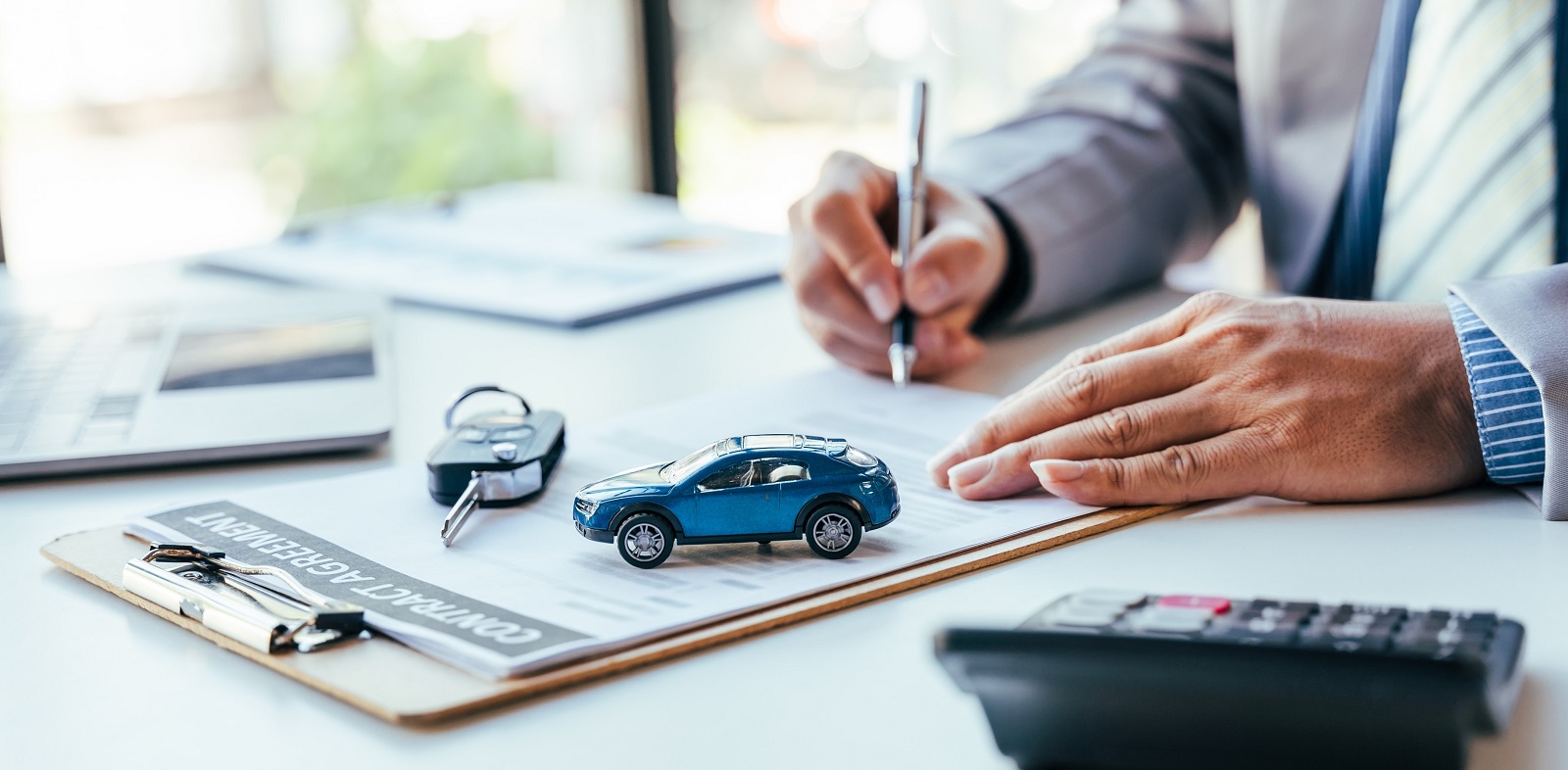
Image Credit: Shutterstock / PanuShot
Always notify your insurance company after an accident, even if you don’t plan to file a claim. Failure to report can result in denied coverage later. Keep your insurer in the loop to avoid surprises.
8. Not Getting a Copy of the Police Report
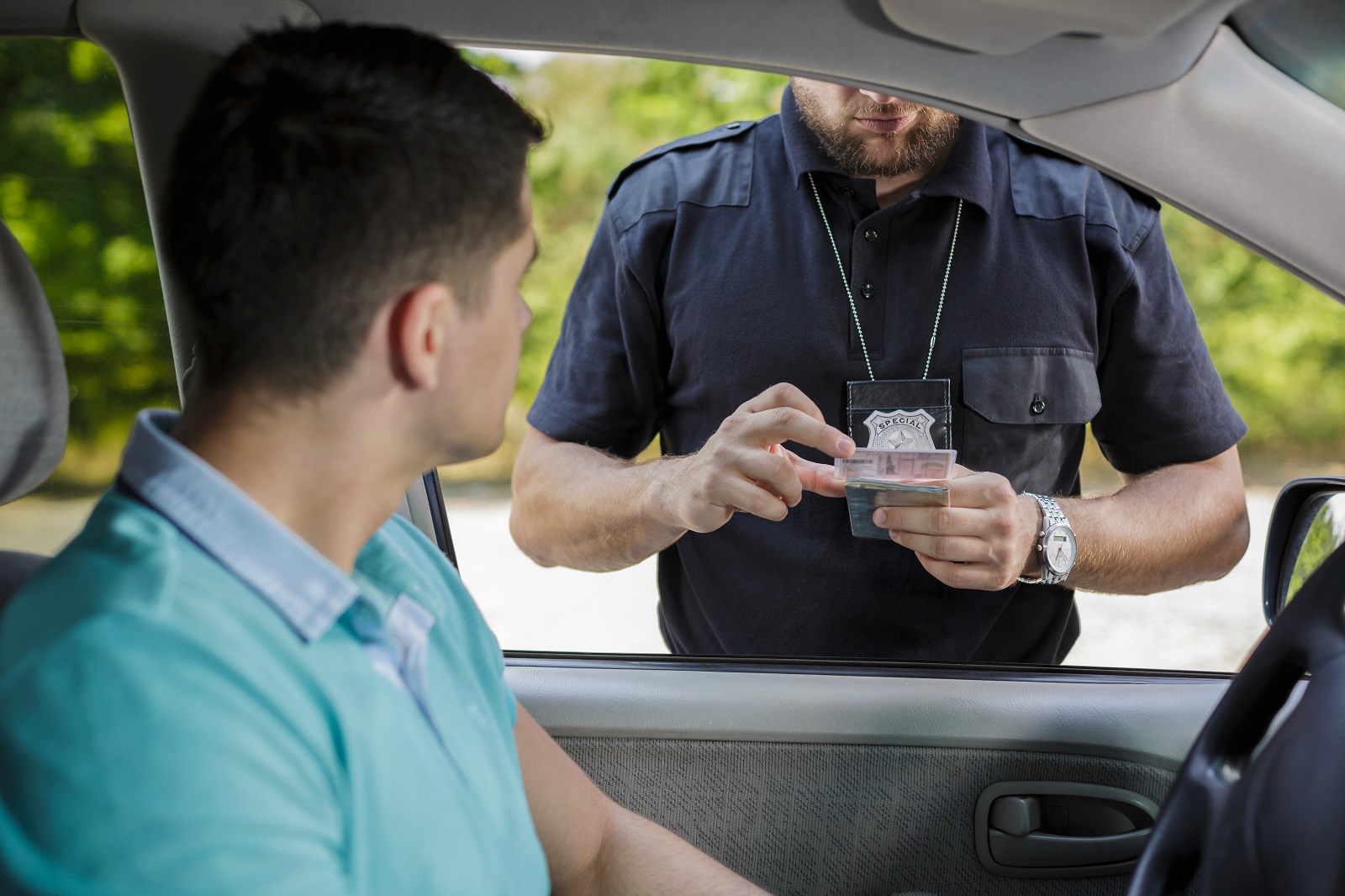
Image Credit: Shutterstock / Ground Picture
Obtain a copy of the police report for your records. This report is critical for your insurance claim and any potential legal actions. Make sure you have all the necessary documentation.
9. Talking Too Much

Image Credit: Shutterstock / PattyPhoto
Limit your conversation about the accident to the necessary details. Avoid discussing the accident with the other driver beyond exchanging information. Your words can be used against you later.
10. Not Following Up on Medical Treatment

Image Credit: Shutterstock / SviatlanaLaza
If you’re injured, follow your doctor’s treatment plan. Ignoring medical advice can harm your health and weaken your injury claim. Consistent treatment shows the seriousness of your injuries.
11. Accepting the First Settlement Offer
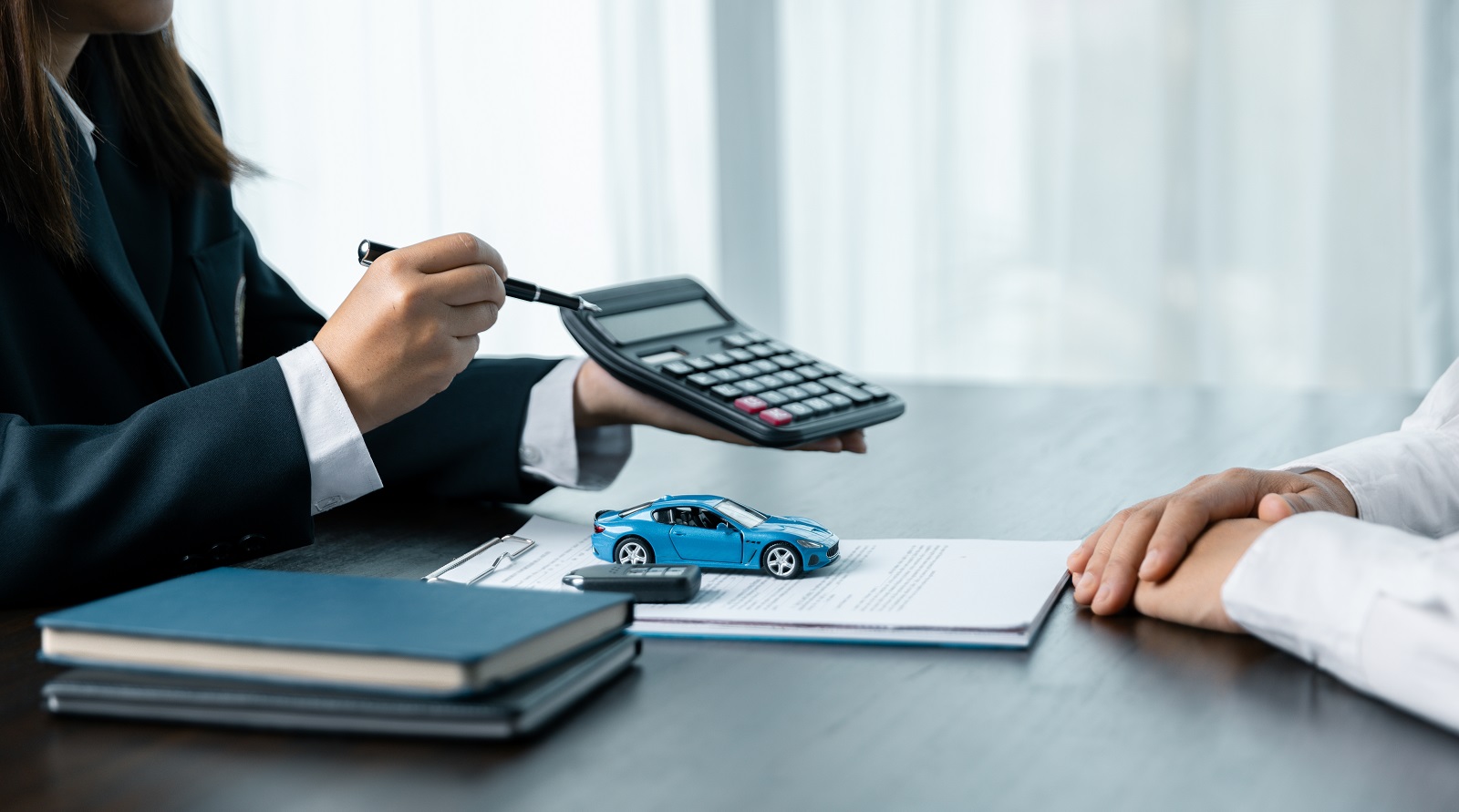
Image Credit: Shutterstock / jd8
Insurance companies often offer low initial settlements. Consult with a lawyer before accepting any offer. You may be entitled to more compensation than initially offered.
12. Ignoring Potential Witnesses

Image Credit: Pexels / Rachel Claire
Get contact information from any witnesses at the scene. Witness statements can support your version of events. Don’t overlook the importance of impartial third-party accounts.
13. Repairing Your Car Without Approval
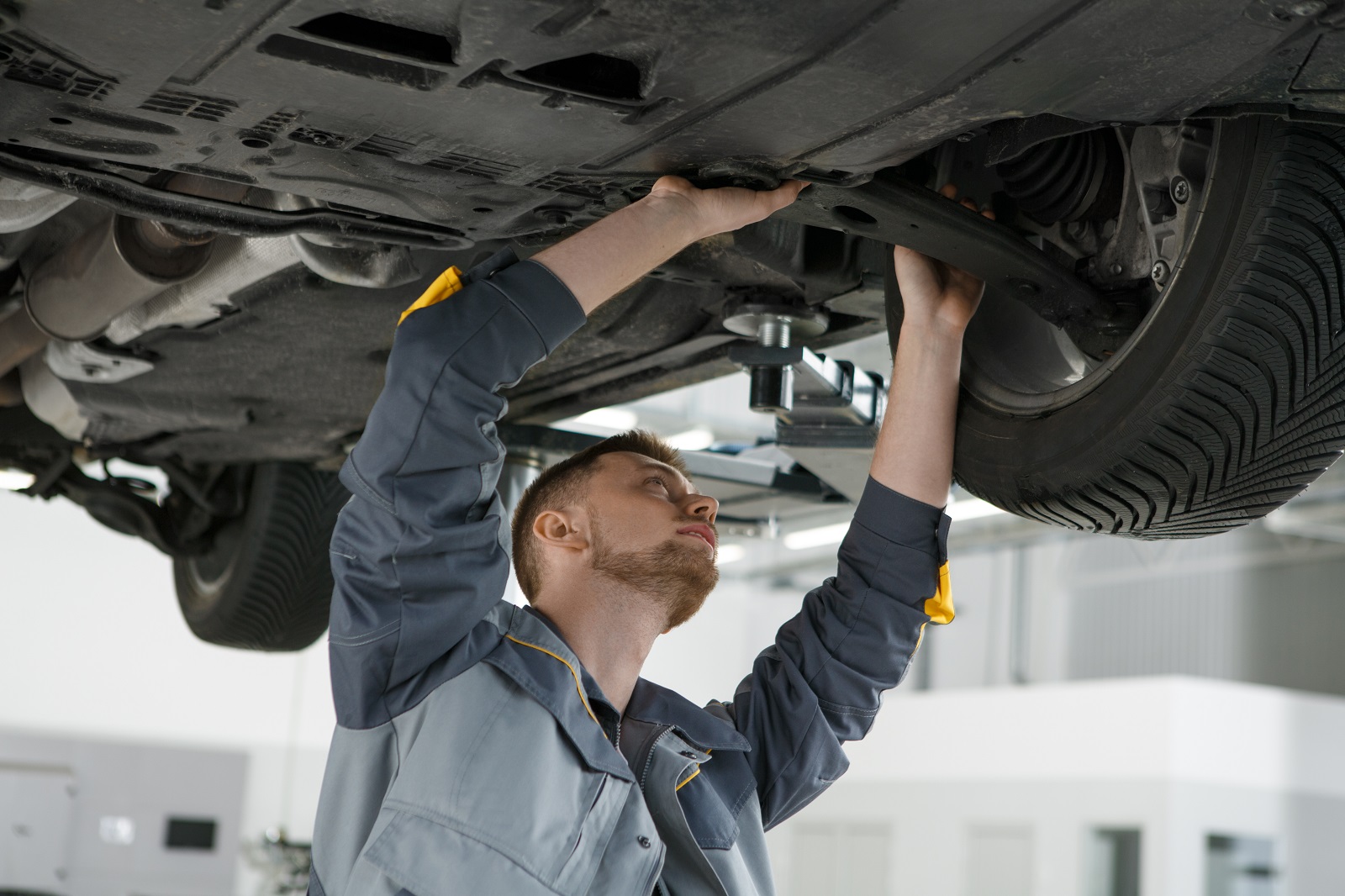
Image Credit: Shutterstock / Zoriana Zaitseva
Don’t repair your car before your insurance company inspects the damage. Unauthorized repairs might not be covered. Wait for the go-ahead to ensure your expenses are reimbursed.
14. Not Keeping Track of Expenses

Image Credit: Shutterstock / Deemerwha studio
Keep detailed records of all accident-related expenses, including medical bills and repair costs. These records are crucial for your insurance claim and any legal action. Don’t let any costs slip through the cracks.
15. Skipping Legal Advice

Image Credit: Shutterstock / Nicola Forenza
Consulting with a lawyer can help protect your rights and ensure fair compensation. Legal professionals can navigate the complexities of insurance claims. Don’t hesitate to seek expert advice.
16. Not Understanding Your Policy
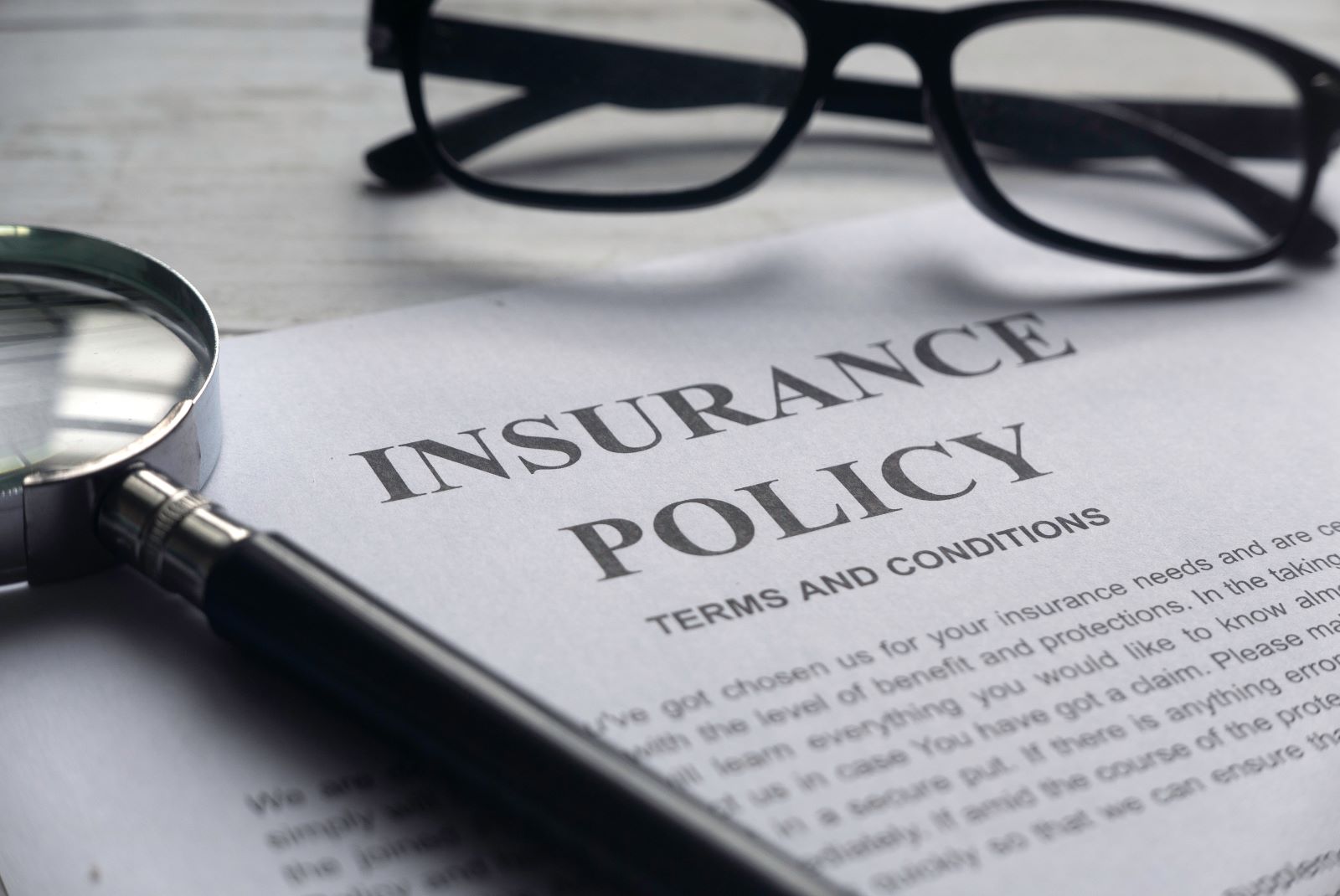
Image Credit: Shutterstock / Faizal Ramli
Familiarize yourself with your insurance policy and coverage limits. Knowing your rights and coverage can prevent surprises during the claims process, and understanding your policy helps you make informed decisions.
17. Forgetting to Follow Up
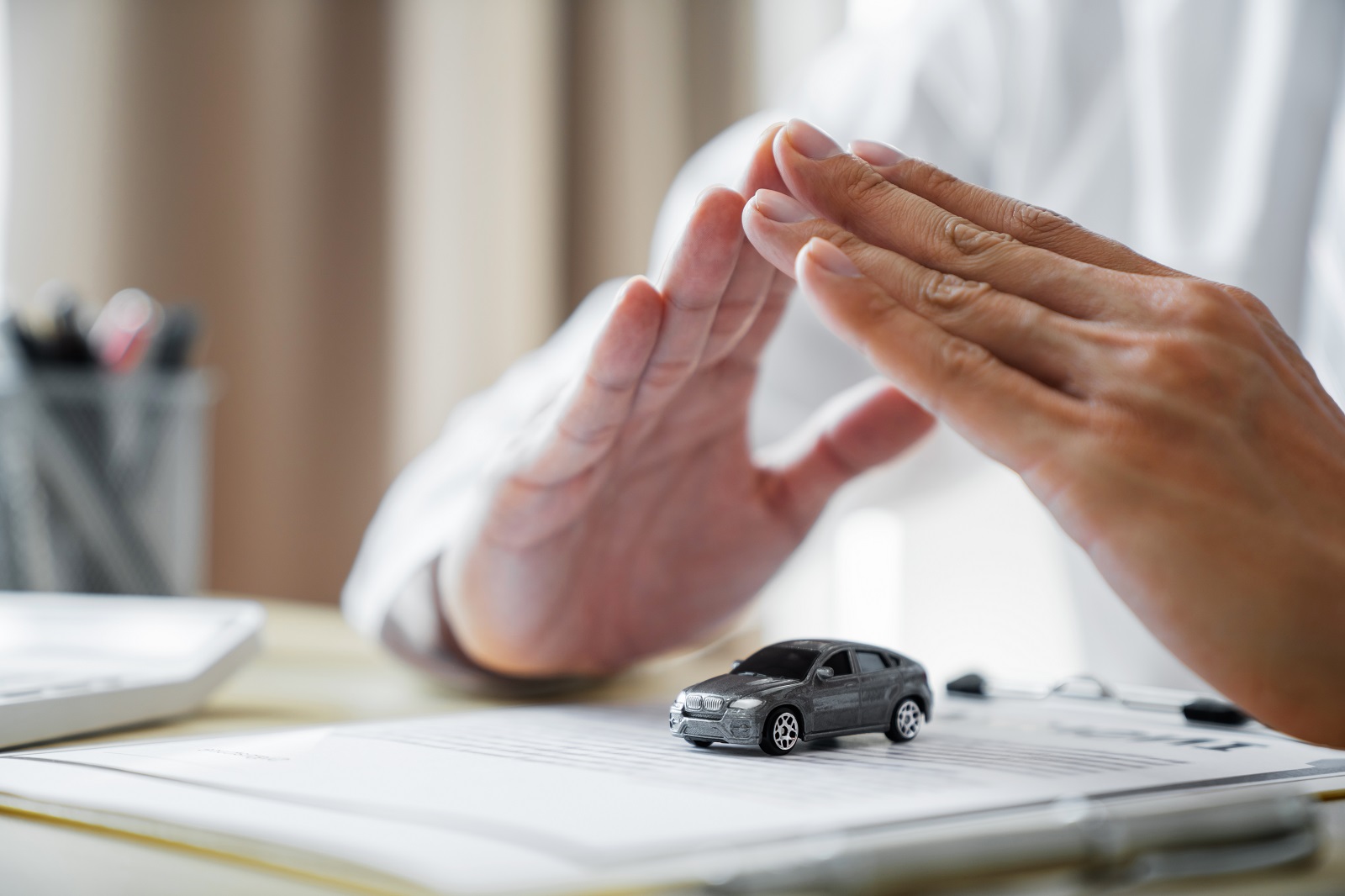
Image Credit: Shutterstock / mojo cp
Stay on top of your insurance claim by regularly following up with your insurance company. Ensuring all paperwork is processed and deadlines are met can expedite your claim. Persistent follow-up can prevent delays.
18. Ignoring Emotional Impact

Image Credit: Shutterstock / Hazal Ak
Accidents can be traumatic. Seek support if you’re struggling emotionally after an accident. Addressing mental health is as important as physical health in the recovery process.
19. Assuming You’re Fine

Featured Image Credit: Shutterstock / pathdoc
Don’t assume everything is fine after an accident. Stay vigilant for any delayed symptoms or issues. Be proactive in monitoring your health and vehicle’s condition.
Think Before You Act

Image Credit: Shutterstock / Ground Picture
Knowing what not to do after a car accident can save you from costly mistakes. Stay informed and proactive to protect your interests and ensure a smoother recovery process.
Police Magnet: 7 Cars That Guarantee You’ll Get Pulled Over
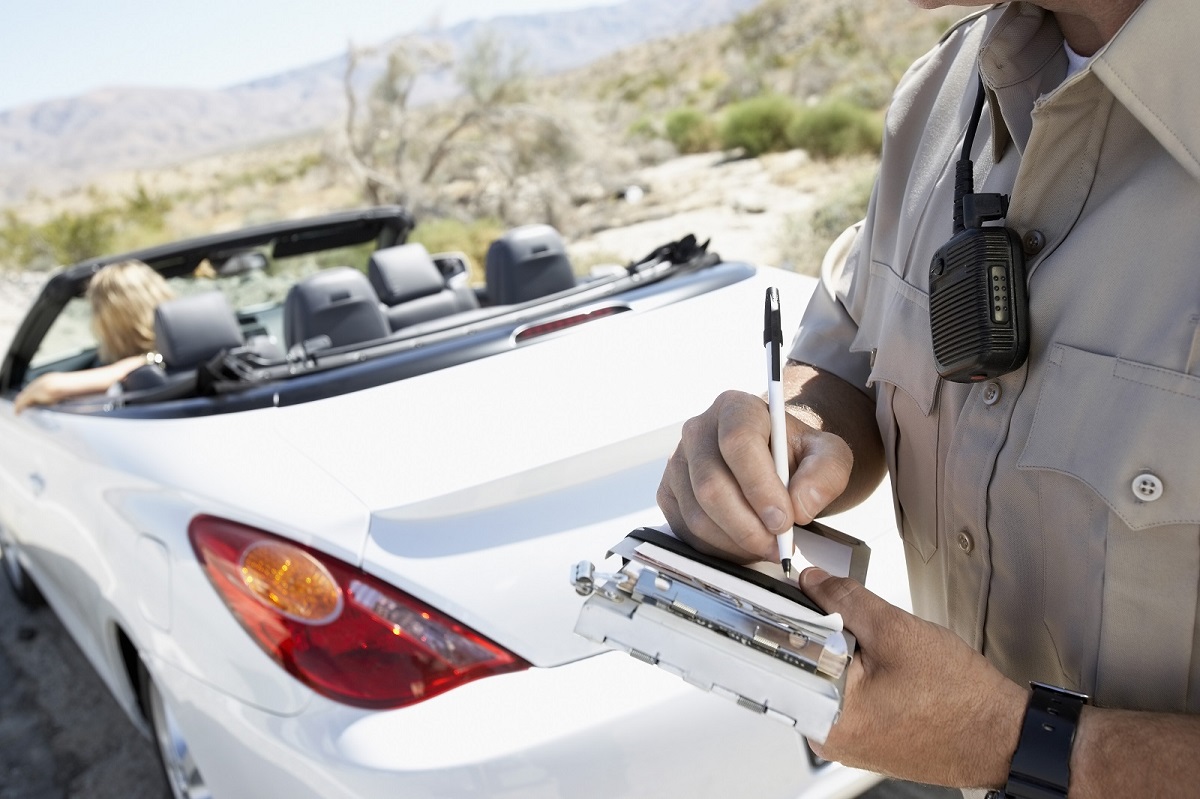
Image Credit: Shutterstock / sirtravelalot
Driving certain cars can make you more noticeable to law enforcement, even if you’re abiding by all the rules. Are you driving one of these “police magnets”? Here are seven cars that seem to attract more police attention than others. Police Magnet: 7 Cars That Guarantee You’ll Get Pulled Over
The Classic Cars That Were Total Clunkers

Image Credit: Pexels / Pixabay
Nostalgia has a funny way of making the past seem better than it was, especially when it comes to cars. But here’s the hard truth: some of those “classic” cars your dad raves about were real clunkers. Here’s a closer look at why some of those so-called “classics” weren’t all they were cracked up to be. The Classic Cars That Were Total Clunkers
The Worst U.S. Cars Ever Made: A Retro List
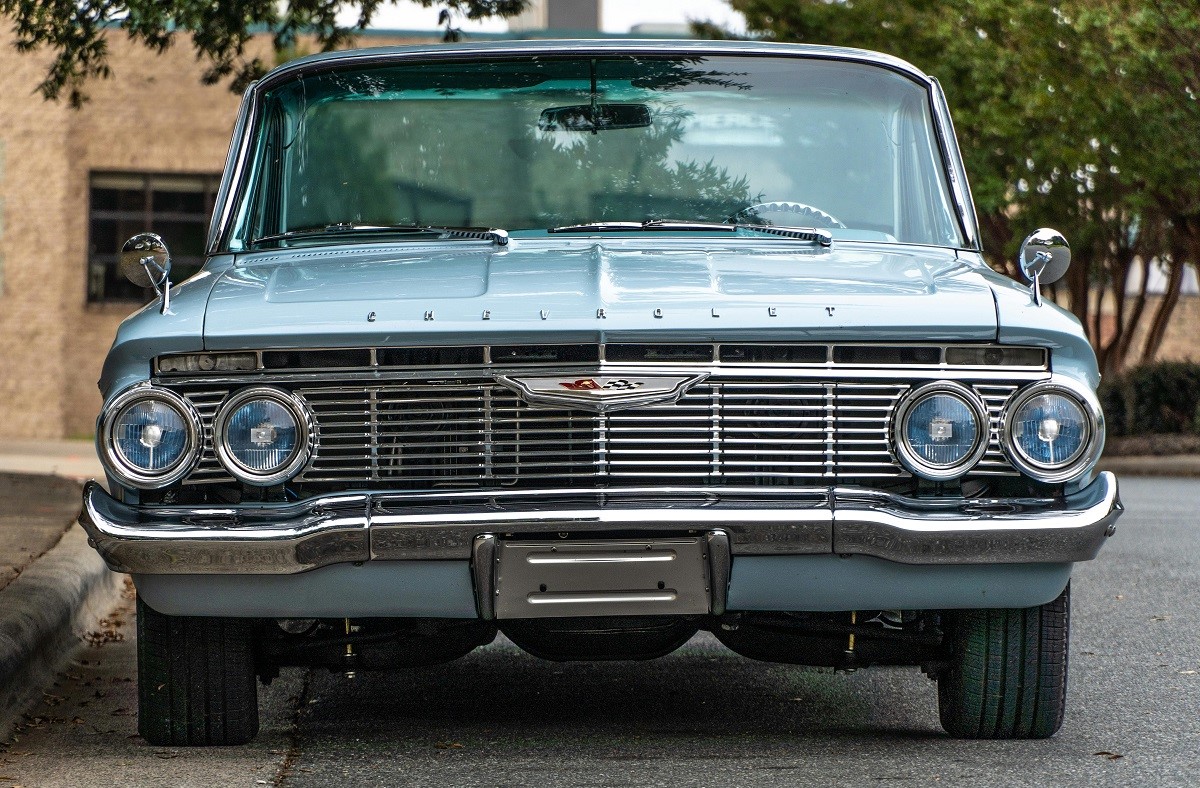
Image Credit: Pexels / Be The Observer
The U.S. auto industry has produced some incredible vehicles, but not every model was a hit. Here’s a look back at 16 of the worst cars ever made in the U.S., each infamous for its own unique flaws. The Worst U.S. Cars Ever Made: A Retro List
Featured Image Credit: Shutterstock / Kwangmoozaa.
For transparency, this content was partly developed with AI assistance and carefully curated by an experienced editor to be informative and ensure accuracy.
The images used are for illustrative purposes only and may not represent the actual people or places mentioned in the article.
